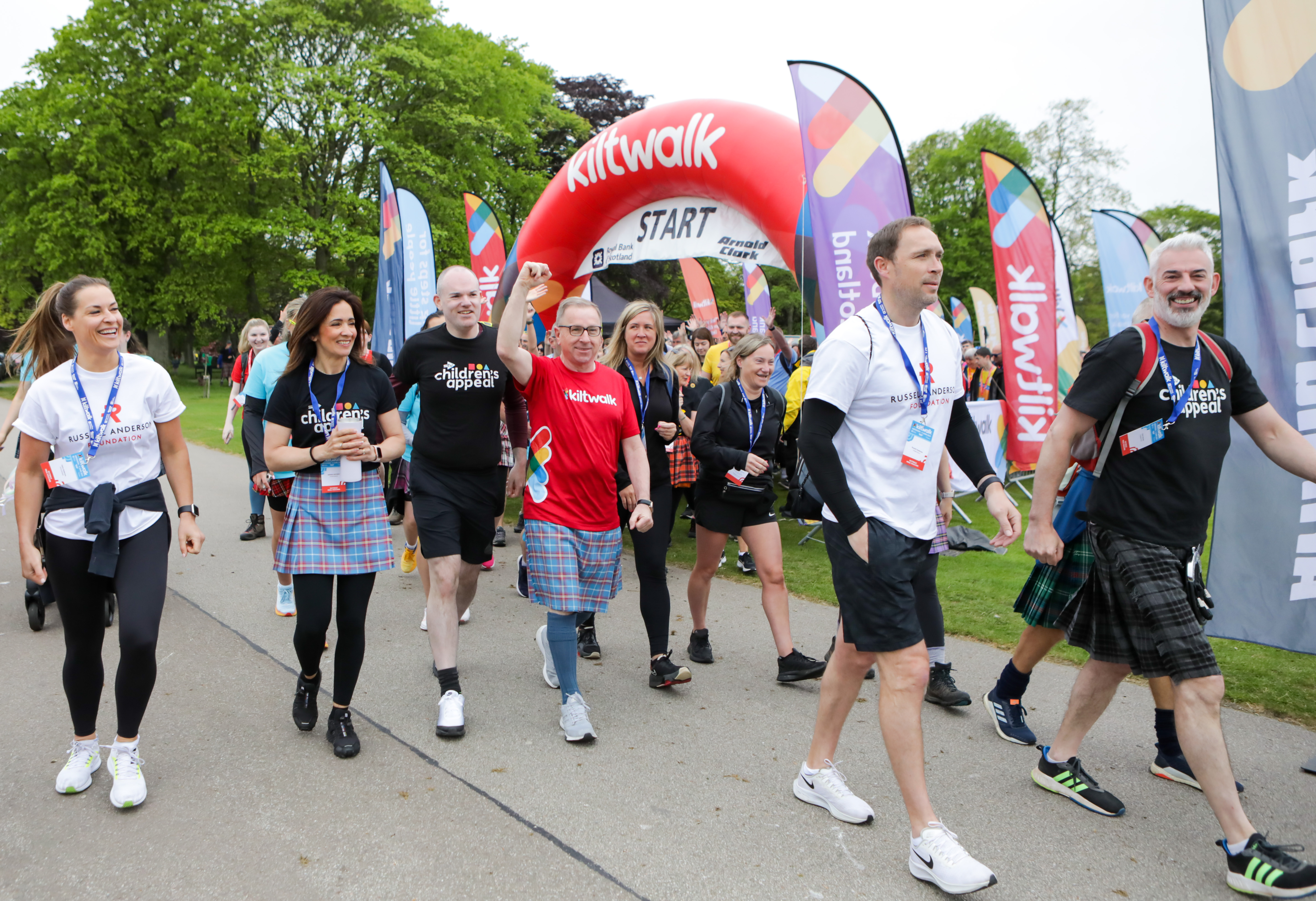Volunteering is in decline according to latest evidence.
But it is not too late for charities to tackle this trend and successfully encourage people to give up their time for good causes.
To do this effectively the charity sector needs to adapt to the changing lifestyles of people by ensuring they are offered a greater range of opportunities.
In addition, charities need to understand how big an impact the cost-of-living crisis is having on people’s ability to give up their time, with many keeping a closer eye on their own bank balance as they work longer hours to pay for larger mortgage repayments, higher rents and escalating fuel and food bills.
Here we look at the latest evidence around the decline in volunteering and explore ways charities can address this, including focusing on the mental health benefits of giving up their time for good causes as well as developing virtual and flexible roles.
How bad is the decline?
According to the Charities Aid Foundation’s latest UK Giving Report the proportion of people volunteering for charities has fallen sharply since the Covid pandemic.
Only 7% of people surveyed in 2022 said they had given their time for charities over the previous four weeks, down from 9% in 2019.
Also, just 13% of people said they had volunteered over the previous year, down from a pre pandemic level of 17%. According to CAF this represents a fall of 1.6m people volunteering over the last five years.
CAF says action is needed and is calling on the government to “come up with the policy solutions and incentives required to foster a more widespread culture of giving and participation in the UK”.
Our UK Giving report provides insights into participation with charities in the UK.
— Charities Aid Foundation (@Caf) April 30, 2023
Donations, volunteering and sponsorship have still not recovered to pre-pandemic levels, suggesting a worrying change in charitable activity.
Read more ⬇️https://t.co/wDPkGk4A0n pic.twitter.com/WYyexzhnin
Be flexible
Such policy solutions should include promoting flexible and virtual volunteering roles in the charity sector, further evidence suggests.
The NCVO’s Time Well Spent report highlights that a lack of flexibility and suitability of roles is already putting people off.
Lack of flexibility was mentioned by one in seven people who had considered volunteering. The same proportion said a belief that there are not any roles to match their skills, interest, or experience was a barrier to giving up their time.
The NCVO urges charities to offer more flexible roles, including virtual volunteering, where people can carry out work for charities from their home computer. This is something that many charities already offer, having already developed such opportunities during the pandemic.
Charities “have had to adapt their volunteering opportunities over the last few years to respond to social distancing measures as well as new need in communities,” added NCVO chief executive Sarah Vibert.
A survey carried out this year by community interest company Helpforce also supports the need to ensure roles are flexible and can fit around people’s increasingly busy lifestyles.
This found that just under half (44%) of respondents said that “not having the ability to commit to set hours on a regular basis” stops them from volunteering. This is especially important to attract working people and students as volunteers, says Helpforce chief executive Mark Lever.
“We need to create flexible solutions for volunteering, especially when people that are more interested in volunteering include those in education and employment, rather than retired and older age groups,” he says.
Lever is also calling for “more investment in local organisations’ infrastructure to support the design of flexible, sustainable and impactful volunteering opportunities”.
Among charities already offering virtual volunteering roles is literacy charity Bookmark. Roles includes spending an hour a week reading stories and playing games with a child in need of support via its secure online platform.
“Our online volunteering can fit around your schedule and there’s no need to travel,” says the charity.
Reading with a volunteer is the highlight of Ava's week.mp4 from Bookmark on Vimeo.
Focus on mental health benefits
Charities should also focus on the mental health and wellbeing benefits of volunteering as they promote roles. This is particularly important in encouraging existing donors to also volunteer.
A survey published by the Centre of Economics and Business Research and financial services firm Benefact during Mental Health Awareness Week this month found that those that give money and time to good causes are 1.7 times more likely to feel optimistic that those that do neither.
Among volunteers surveyed 45% said they have optimism for the future, compared to 28% of non-volunteers.
“The findings show us that being charitable is not only good for society, but also those who take part,” says Benefact group chief executive Mark Hews.
Factor in the cost-of-living crisis
Another finding from the NCVO’s Time Well Spent report was concern among potential volunteers over money and believing roles will leave them out of pocket. Such concerns have become particularly prevalent amid the cost-of-living crisis and among young people.
Among those surveyed who had not volunteered, one in seven were concerned they would be reimbursed for any expenses. This concern is higher among young people, with one in five of 18-24 years concerned they would not receive expenses for costs incurred. Prior to the cost-of-living crisis less than one in ten people who had not volunteered had worries around expenses.
Charities need to be clear that volunteering will not be costly for those willing to give up their time. Further findings from the NCVO indicate there is still work to be done in this regard. Only 55% of volunteers say their charity would reimburse them and 16% do not know if they are able to get money back on their expenses incurred.
Get involved in the Big Help Out
While volunteering is in decline, evidence has emerged this year that a national drive can be effective, especially when linked to a major event.
For the coronation of King Charles III people were encouraged to give up their time for good causes on the extra Bank Holiday staged after he was crowned.
The final figures are in! Were you one of them? 👀
— The Big Help Out (@TheBigHelpOut23) May 11, 2023
A huge well done and thank you for taking part in #TheBigHelpOut! We can't wait for all you lovely people to continue with your volunteering journey - we'll be sharing more ways for you to do so shortly! pic.twitter.com/wihFpUH8cG
This Big Help Out event involving hundreds of charities attracted 6.51m people with 10.42m people saying they are more likely to volunteer because of the initiative. This is set to be an annual event to create a lasting legacy for the coronation, which charities are encouraged to once again be involved with in a bid to halting the decline in people giving up their time for charity.













Recent Stories